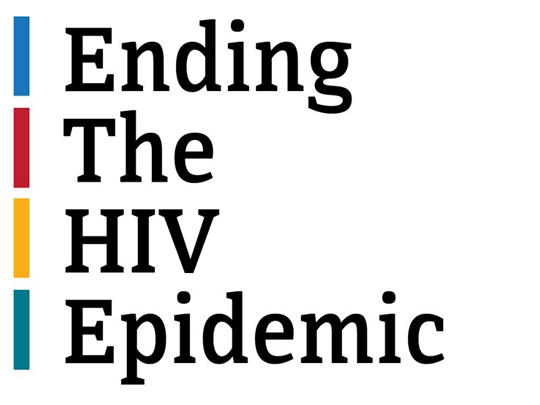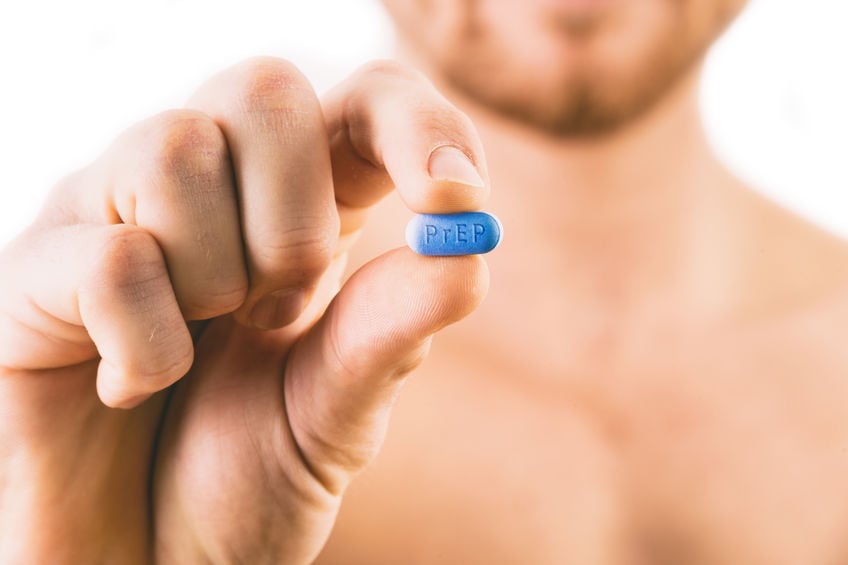Teenage Sex, Drugs, And HIV
Research has demonstrated a significant relationship between alcohol and drug use and engaging in unprotected sex, leaving substance abusers at high risk of human immunodeficiency virus (HIV) infection. For many substance abusers, risk-taking behaviors often begin during the teenage years. During this developmental stage, adolescents may experiment with drugs and alcohol and engage in risky sexual behaviors without fully understanding the potential consequences. Understanding and addressing the link between teenage sex and drugs is crucial in preventing the spread of HIV among young people.
Breaking the link
A multifaceted approach is required to break the link between teenage sex and drugs. Efforts must be made to educate teenagers about the risks of substance use and the connection to risky sexual behaviors. Strategies need to address the underlying factors that contribute to substance use and risky sexual behaviors, such as lack of resources in the community, mental health problems, and peer pressure. Here are some key strategies that can help break the link between teenage sex and drugs.
All about education and awareness
Providing comprehensive sex education that includes information about the risks of substance use and the connection to risky sexual behaviors can empower teenagers to make informed decisions. Education and awareness programs should also debunk myths and misconceptions surrounding sex and drugs while promoting healthy relationships and communication skills. Teenagers must also communicate openly with trusted adults like parents, teachers, and healthcare professionals who can provide guidance and support. Adults should encourage honest and non-judgmental discussions about sex and drugs, ensuring that teenagers have the knowledge and resources to avoid HIV safely.
Access to resources and services
Teenagers should also be provided with easy access to resources and services to assist with making informed choices about sexual health and substance use. Such resources can include healthcare facilities, counseling services, and support groups. Additionally, there should be readily available and affordable contraception options, including condoms, to ensure that teenagers can protect against unintended pregnancies and sexually transmitted infections (STIs), including HIV.
Supportive networks matter
Peer pressure is a powerful influence on teenage behavior. Creating supportive peer networks that promote healthy behaviors can help break the link between teenage sex and drugs. Networks can be created through after-school programs, clubs, or community organizations that provide positive activities for teenagers. By engaging teenagers in activities and promoting positive relationships with peers, these networks can provide a safe and supportive environment where teenagers can learn to make responsible decisions regarding sexual behavior and substance use.
Mental health support
Many teenagers are facing mental health problems that contribute to risky behavior, including engaging in sexual activity and drug use. Acknowledging the problem and providing necessary support can significantly help teenagers avoid drugs and sex. Mental health support can include counseling services, therapy, medication, and access to mental health professionals who can address any underlying issues that may be driving risky behavior.
There’s hope for teenagers
The teenage years can be a challenging and confusing time, but with the proper support and resources, teenagers can navigate challenges and make healthy choices regarding sexual health and substance use. From family and community members to educators and policymakers, every person has a role to play in ensuring that teenagers have the information, resources, and support needed to protect teens from risky sexual activities. By implementing multi-faceted strategies, teenagers can be empowered to make informed decisions, develop healthy relationships, and avoid risky behaviors.

Have You Seen Our Outreach Efforts?
You may have seen our table ads in the community. You can download them here:





